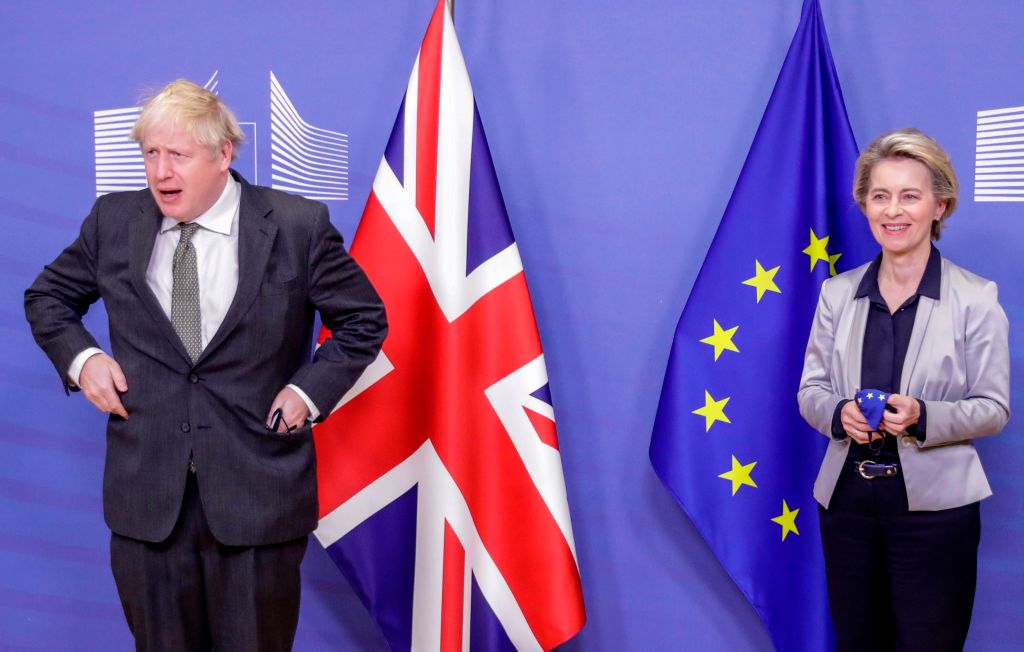The UK never tried to have our constitution written in one big session. We made it up by responding to each crisis when it happened. Brexit is just the latest.
The remaining sticking points on a deal are fish and something called the level playing field. Fish is very interesting, I assume, but it is politics, not law. So, as a lawyer who chooses not to speak on politics (some do), fish is none of my business.
But the Level Playing Field (LPF) – which is a legal problem – is. It is the elephant in the room. And yet the EU’s response to this issue is deeply unhelpful.
Rightly or wrongly, the public voted for Brexit. Brexit is about sovereignty and sovereignty is a legal question. The EU does not accept the same definition that everyone who is not the EU uses: freedom to make your own law. It is hard for us lawyers to define sovereignty any other way. While we were in the EU, sovereignty was pooled; they had some, we had some. A political choice was made to do that.
Then, there were lots of debates in 2015. They rightly focused on the political question which is: ‘Do we want to pool our sovereignty with the EU or not?’.
What it seems the EU has been doing for the last 54 months is to put differently coloured hats on the elephant in the room that is sovereignty in the hope it goes away. That seemed unlikely to work.
Losing sovereignty; losing the freedom to make laws, or even the freedom to copy someone else’s laws if you choose to, is an oddity of the EU. Plenty of people have tried to blame Boris Johnson for his intransigence in Brexit talks. But when it comes to the issue of sovereignty it is hard to fault him for sticking to his guns.
The issue is this. Some of the businesses in the UK want to trade with the EU. Those ones will obey EU law to do so. If we are sovereign, then the ones that don’t want to trade with the EU would not obey EU law. The UK might voluntarily copy EU law – that is actually quite common, but the EU couldn’t make us.
Now the EU is trying the same strategy – putting a different hat on the elephant. Every new hat gets more elaborate and it is extremely complex by even my standards of complexity. Each hat has a collection of accompanying letters to describe it. If the purpose of law is to be plain and read by everyone, and it is, then LPF is what I would describe to a judge as ‘unhelpful’. It is, in every version, not sovereignty. The hat gets increasingly fancy – the elephant remains.
Whether you can live with that or not is a political opinion. I care only about law. The law protects you from having to tell me your political opinions. If I am being politically neutral, then this is the point at which I stop talking.
It is only if you say, ‘I don’t want this elephant in my room’ that lawyers like me must speak. If my client made such a demand, I would calmly explain the legal options to remove the elephant. If you are a country, like the UK, then you can remove any elephant anytime. The people who put the elephant in your room might not like it. But if they don’t, that’s a matter for politicians, not lawyers.
The elephant of the EU’s idiosyncratic view of sovereignty has been in the room for some time. The vote did not shift it. And the aftermath of the referendum – and the endless Brexit talks – have highlighted that on the issue of sovereignty, it is the EU which is behaving oddly.
If that looks like I am taking a political view, I’m not, we have ignored this elephant for 47 years. Until anyone asks me to deal with it, I shall simply compliment it upon its new hat.






Comments